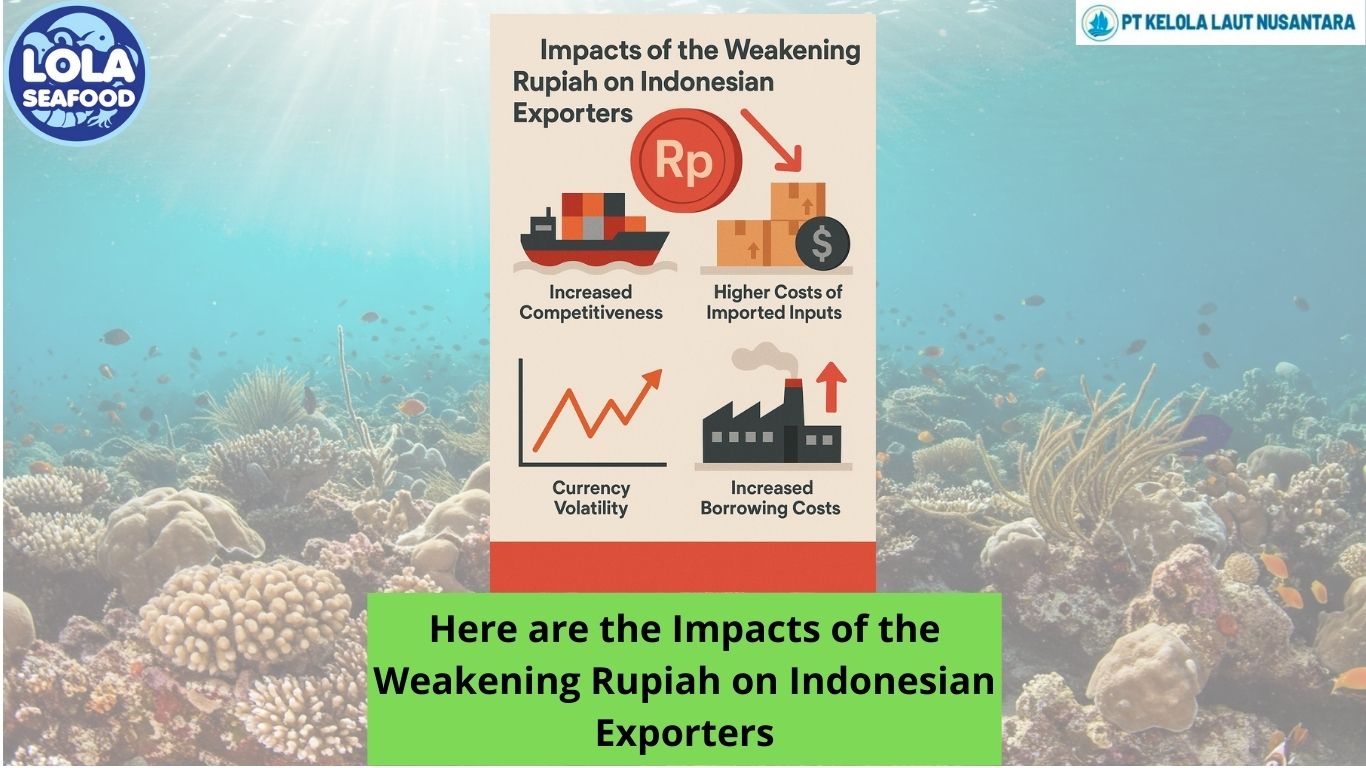Enhancing Consumer Confidence Through Traceability
By. Najih - 02 Apr 2024.jpg)
In today's globalized food market, consumers are increasingly concerned about the safety, quality, and sustainability of the products they purchase. One of the crucial factors in addressing these concerns is traceability the ability to track and trace the movement of food products throughout the supply chain.
Traceability plays a vital role in ensuring food safety and quality. In the event of a foodborne illness outbreak or contamination, traceability systems enable swift identification of the source, allowing for targeted recalls and minimizing the impact on public health. Moreover, traceability enhances transparency by providing consumers with information about the origin, production methods, and journey of the food they consume. This transparency fosters trust and confidence in the food supply chain.
Various methods and technologies are utilized to implement traceability in the food industry. Traditional methods include record-keeping, labeling, and documentation of transactions. However, modern technologies such as barcoding, radio frequency identification (RFID), and block chain have revolutionized traceability practices. Barcodes and RFID tags allow for automated data capture and real-time tracking of products from farm to fork. Block chain technology, with its decentralized and immutable ledger, ensures transparency and security by recording every transaction in a tamper-proof manner.
For businesses, investing in traceability systems offers numerous benefits beyond regulatory compliance. It enables them to optimize inventory management, streamline operations, and mitigate risks associated with recalls and counterfeit products. Moreover, traceability can be a powerful tool for brand differentiation and market access, as consumers increasingly prioritize products with transparent supply chains. For consumers, traceability provides assurance regarding product authenticity, safety, and ethical sourcing practices, empowering them to make informed purchasing decisions that align with their values.

.jpg)
.jpg)
.jpg)




